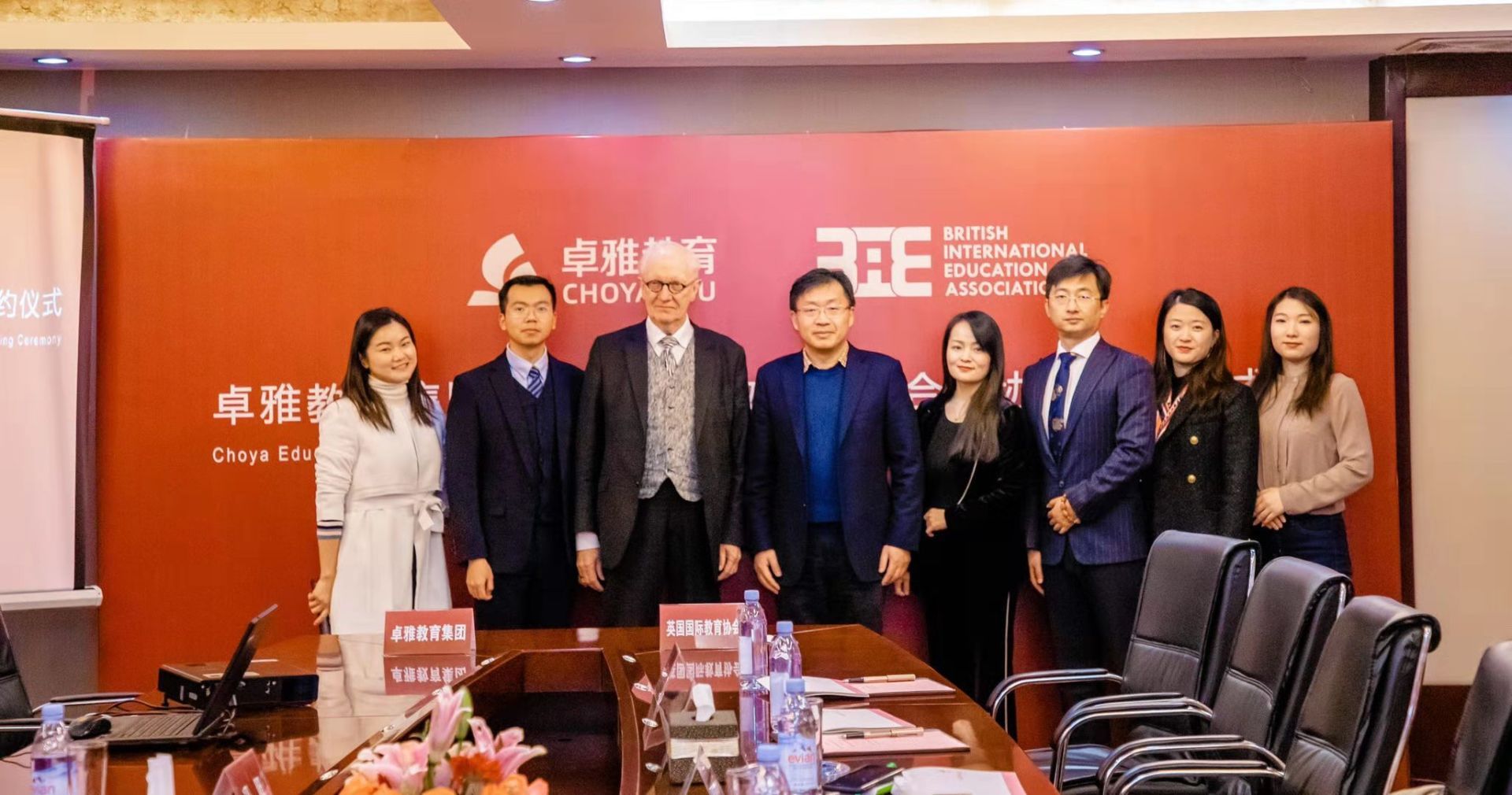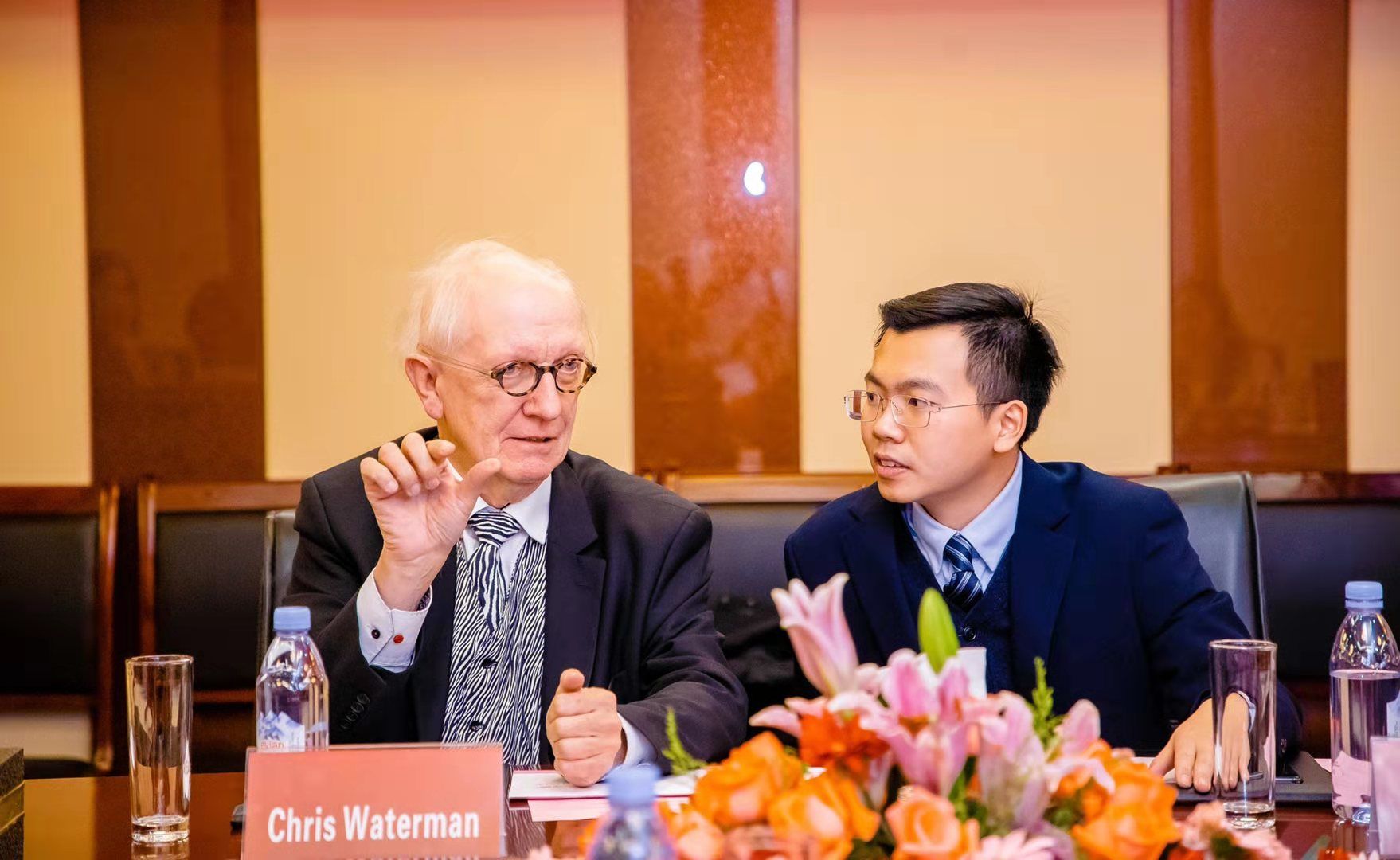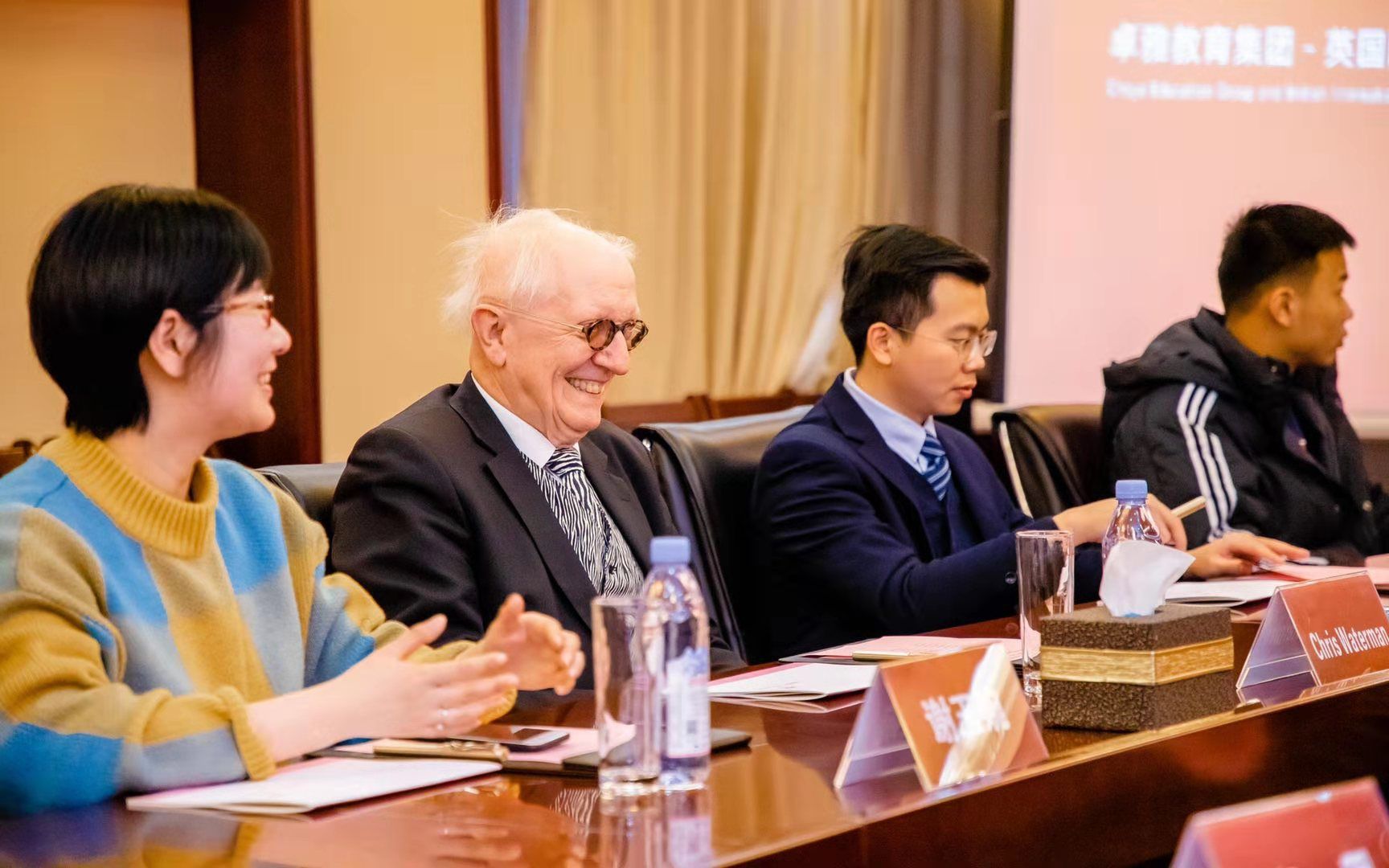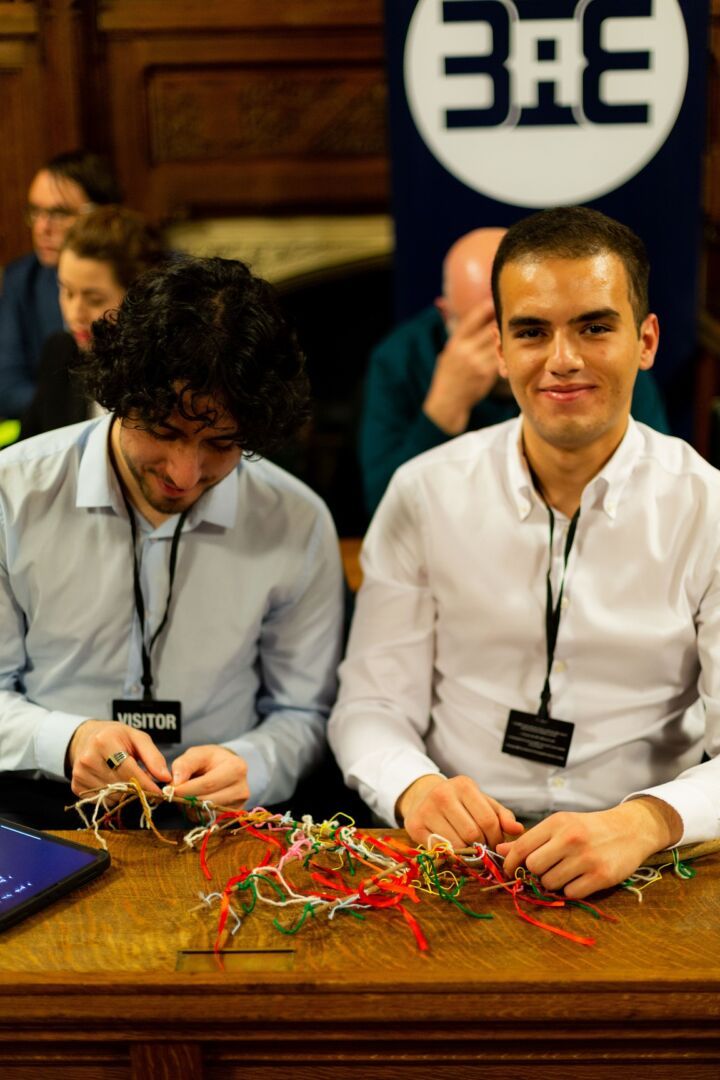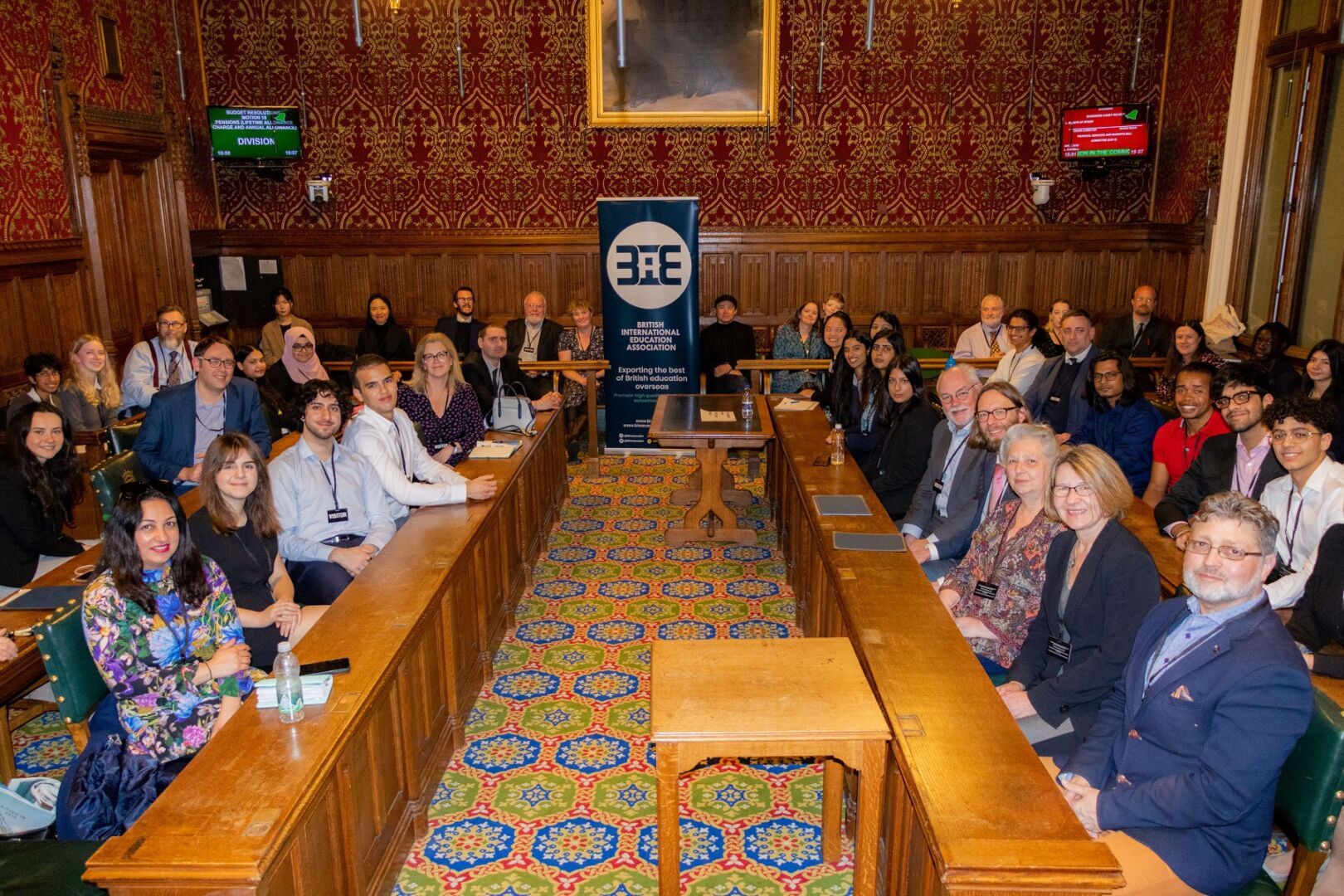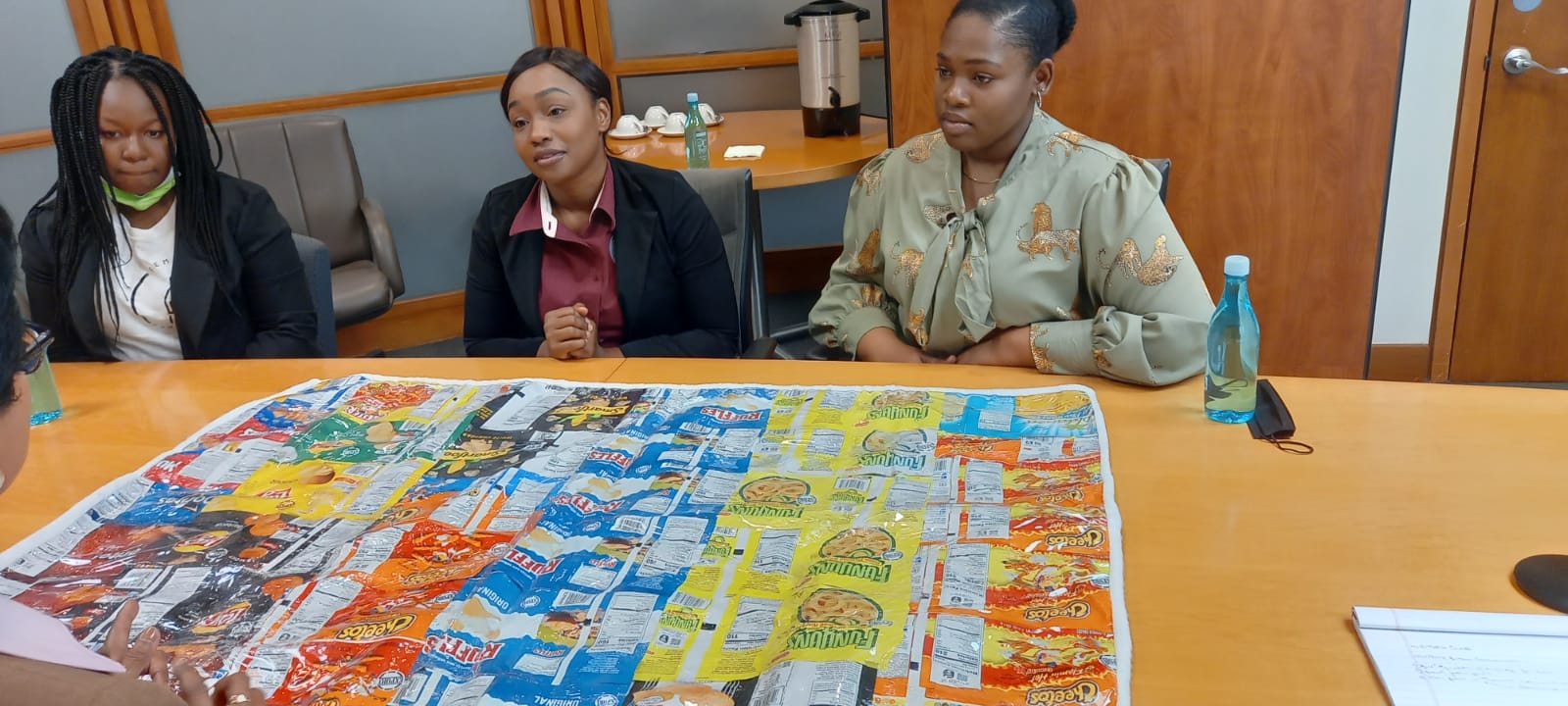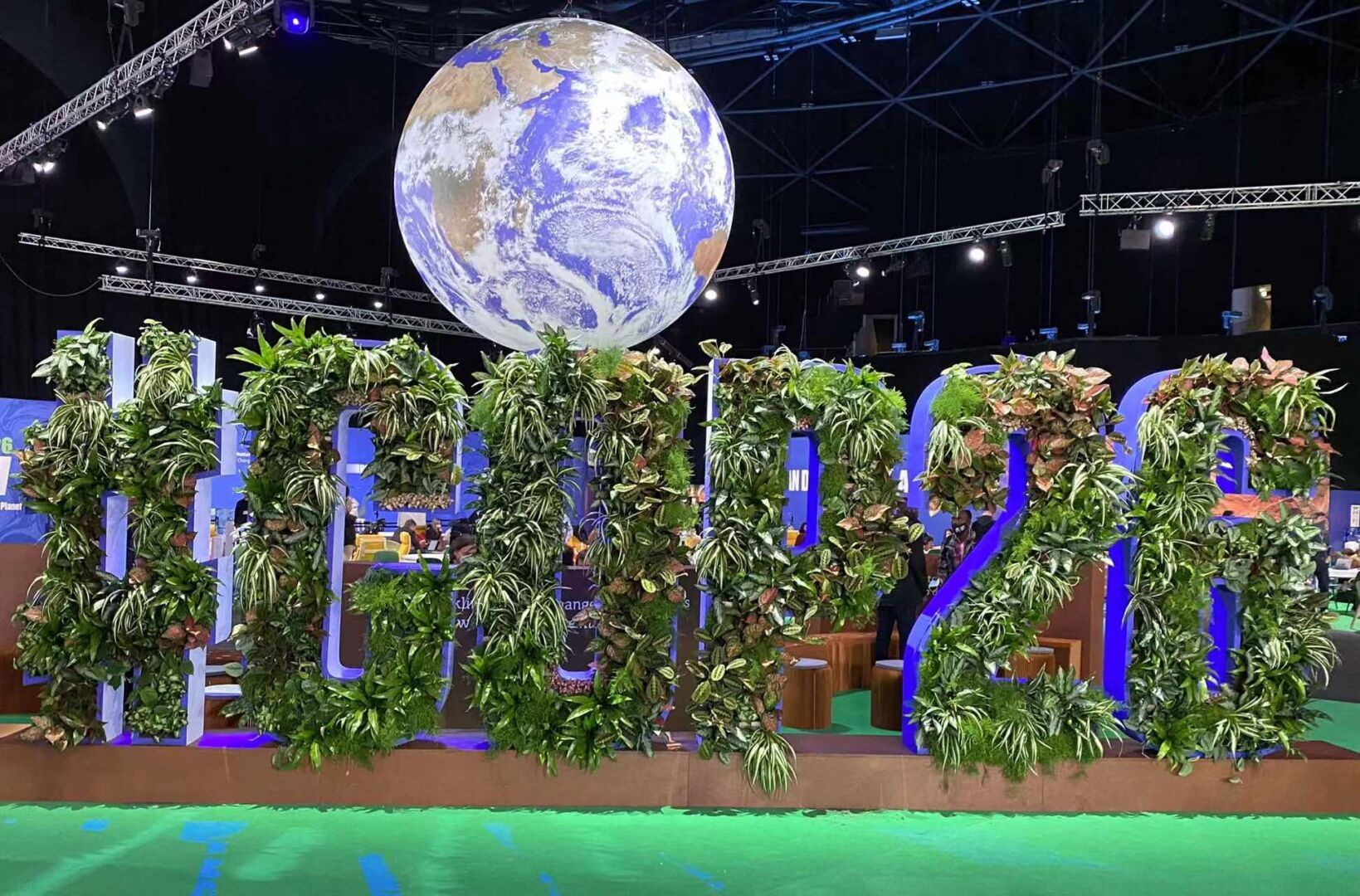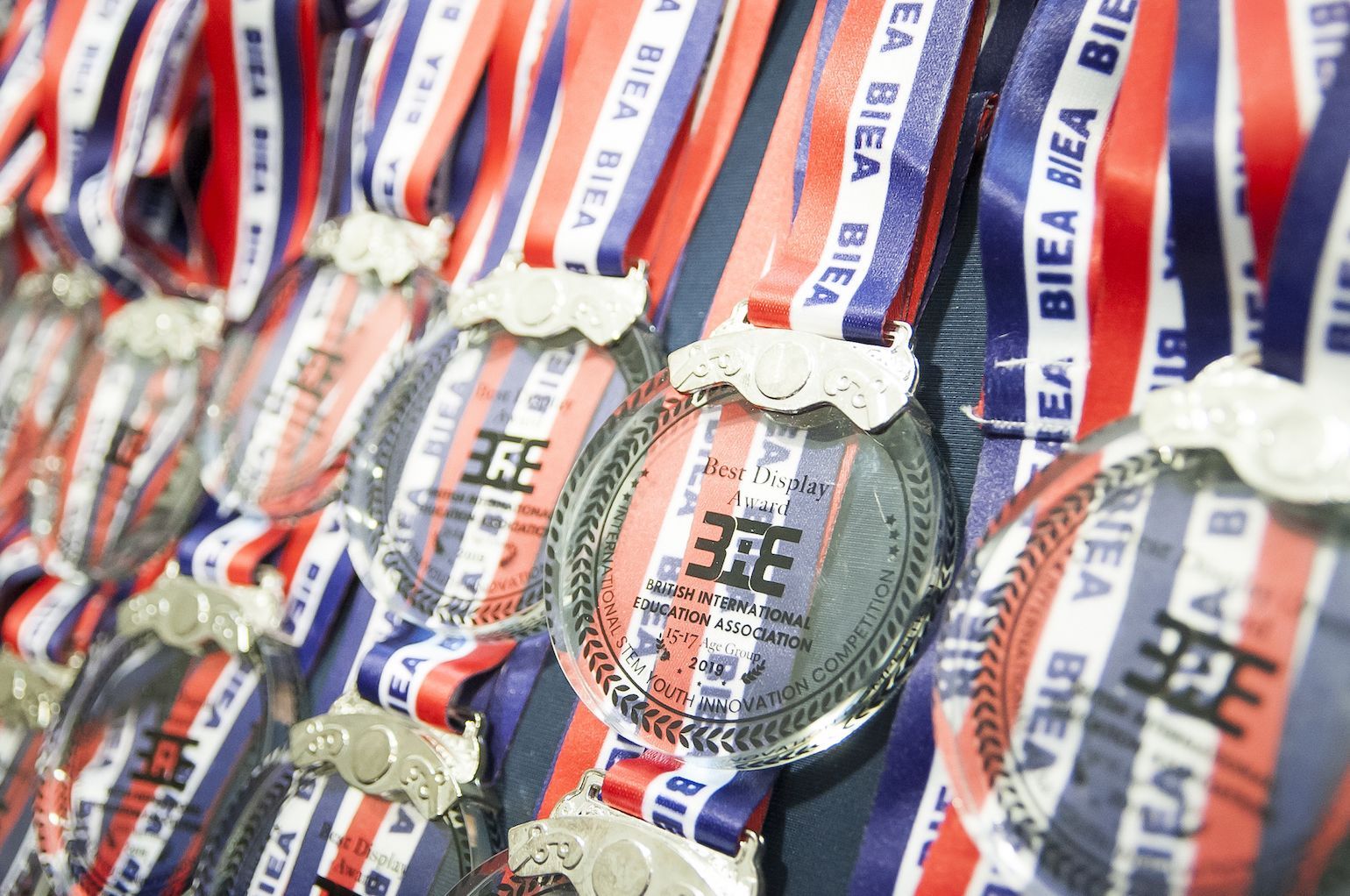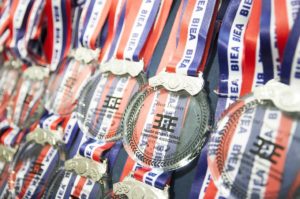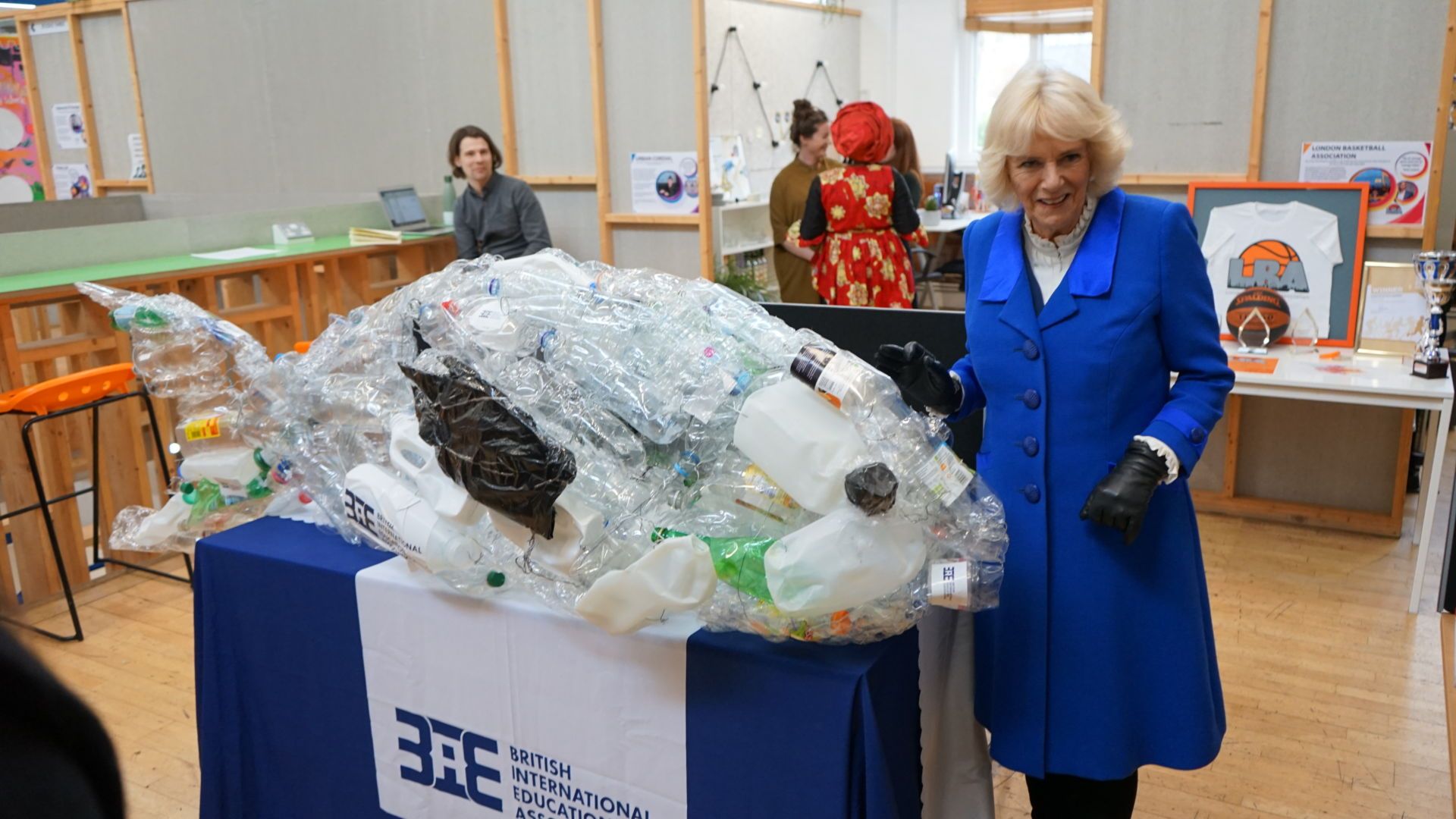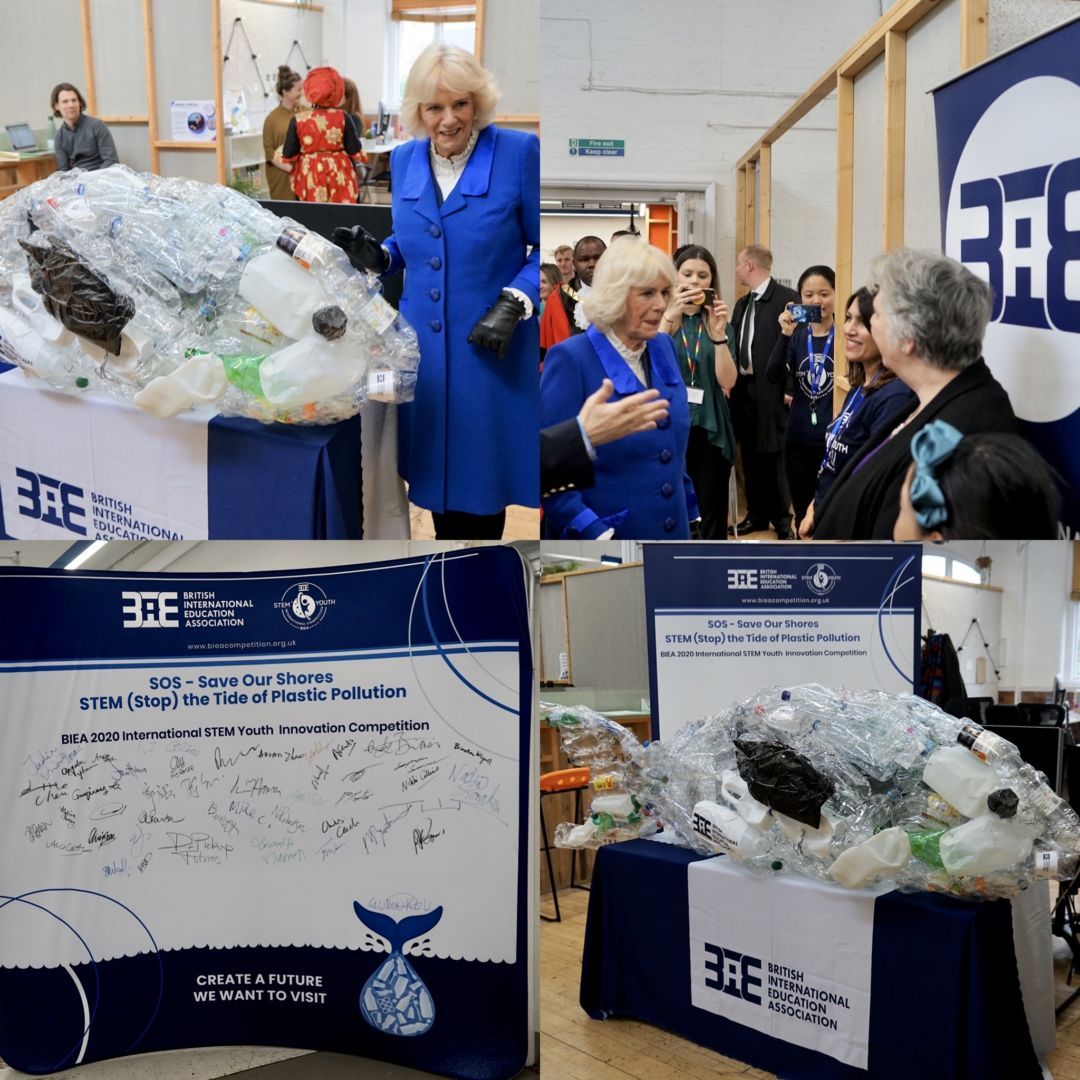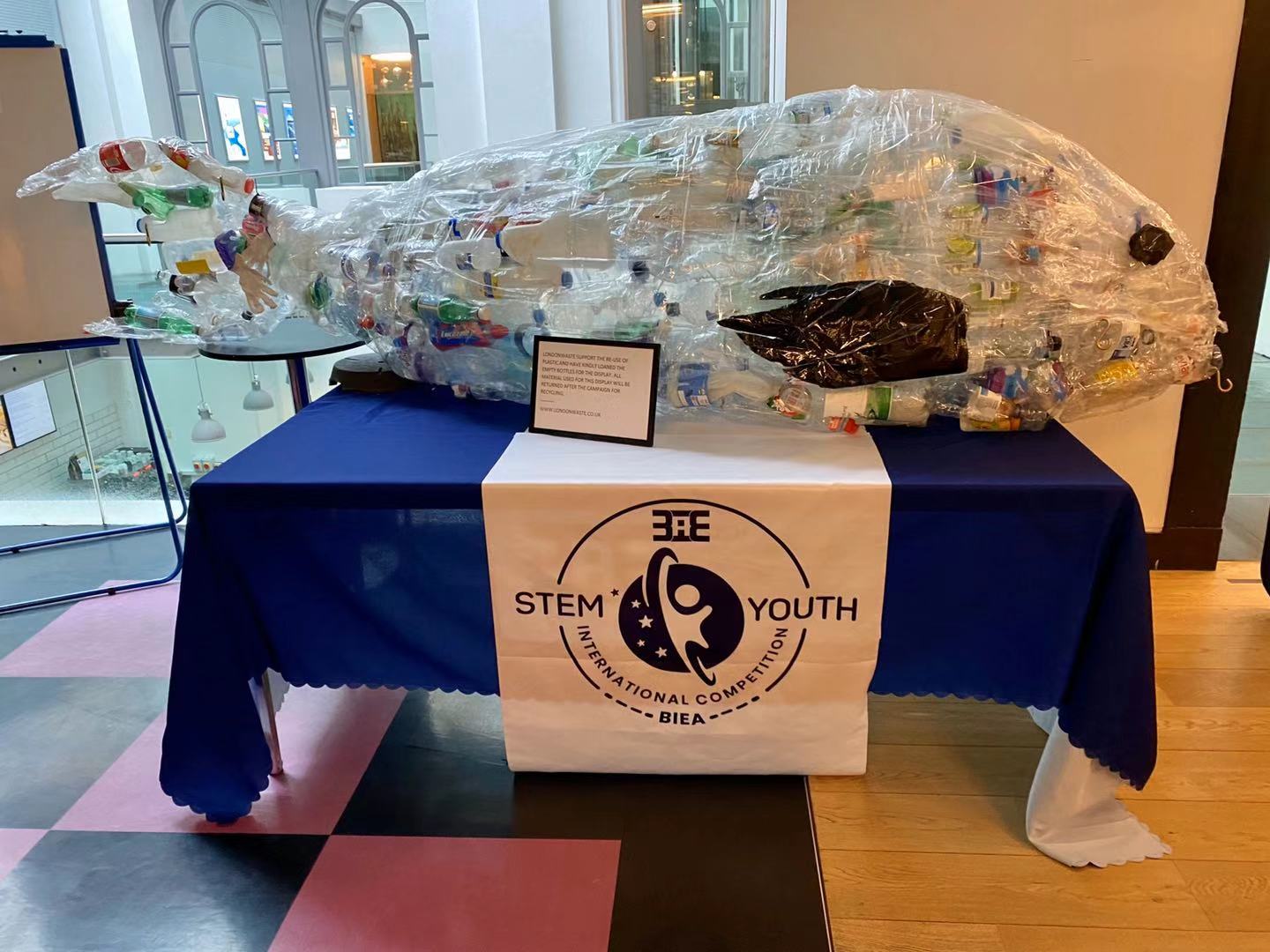In Memory of Brendan Wignall
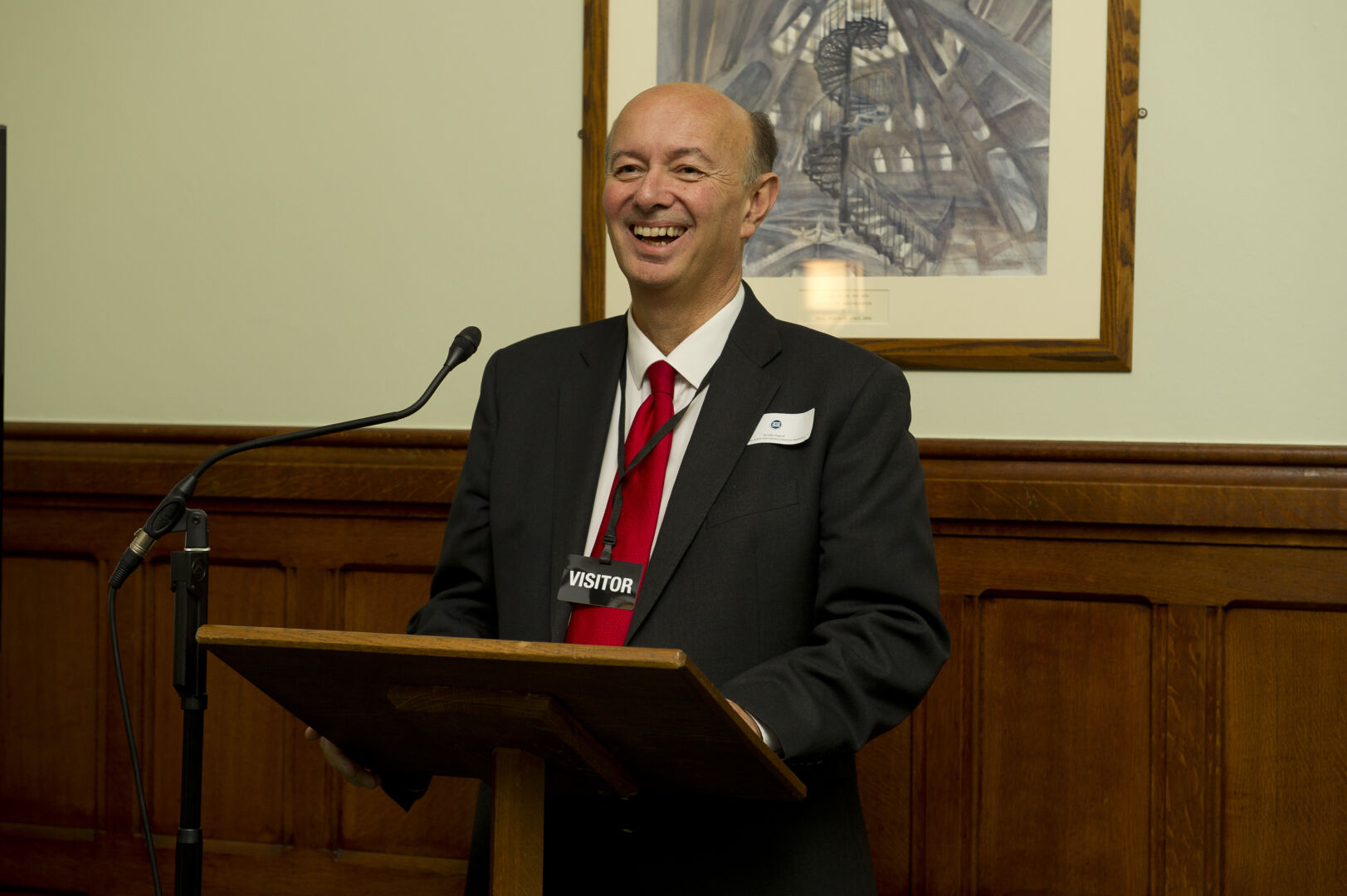
It is with a heavy heart that we share the news of the death of Brendan Wignall, a founding member and visionary chair of the British International Education Association (BIEA). Brendan’s indomitable spirit and dedication to education have left an enduring legacy that will continue to resonate across the globe.
Brendan’s remarkable journey with the BIEA began with its inception. His foresight and leadership were pivotal in establishing the association as a beacon of educational innovation. Under his guidance, the BIEA STEM program flourished, expanding its reach to nearly 50 countries and bringing quality STEM education to students of all backgrounds, regardless of their circumstances.
His commitment to inclusivity was evident in his support for the expansion of programs addressing mental health for young people, early years, and special needs education. Brendan’s expertise in dyslexia, coupled with his advocacy for early detection and intervention, has transformed countless lives, providing hope and opportunity where there was once uncertainty.
As we reflect on Brendan’s achievements, we are reminded of his unwavering belief in the power of education to change lives. His contributions have not only shaped the BIEA but have also inspired a generation of educators and students to pursue excellence with passion and determination.
In this time of loss, our thoughts are with Brendan’s family. We unite together in mourning and in celebration of a life that reached out and touched so many. Brendan’s legacy will continue to guide us as we carry forward his mission to empower through education.
It was an honour to work with him.
The British International Education Association
BIEA STEM 2023 Forum Empowers Youth to Drive Sustainable City Development
Young people take on the challenge to come up with sustainable solutions for 12 subject cities in the BIEA 2023 international STEM competition
The British International Education Association (BIEA) successfully conducted an inspiring session on the BIEA International Youth STEM Innovation Competition on March 21 at the Houses of Parliament. The event, centred around the theme “Greening Cities, Sustaining Life,” united experts, city representatives, educators, and young innovators to discuss sustainable urban planning, environmental challenges, and the crucial role of STEM education in city development.
MP Grahame Morris inaugurated the forum, stressing the significance of technology and STEM skills in shaping the future of sustainable public transport systems. He said, “The future of city transport is dependent on technology; we need a sustainable green public transport system to reduce the impact of climate change, and we need to ensure our young people have the STEM skills to develop solutions for our cities!”
Embassy and mayor representatives from subject cities sent in their best wishes for the forum, expressing their excitement for the innovative solutions that will emerge from the competition. Chancellor Jeremy Hunt also extended his good luck to all young people participating in the challenge.
Renowned experts like Prof. Yu Xiong from Surrey University demonstrated the transformative power of AI in devising innovative solutions, while Prof. Tim Broyd from UCL emphasized the importance of considering historical structures in sustainable city planning. He stated, “Sustainable city structure is not just about new buildings or new roads; we must consider existing historical structures because stored carbon can create a much bigger environmental impact than people think.”
Dr Koen van Dam from Imperial College presented case studies on residential energy demand and electric transport, underlining the importance of collaboration among stakeholders and experts to achieve city sustainability. He commented, “The key takeaway message is for different groups to work together, for different stakeholders and experts to work together to achieve city sustainability.”
The event also announced 12 subject cities for the competition, with a special session dedicated to rebuilding Ukraine sustainably. A focus on the city of Slavutych highlighted the city’s challenges and aspirations in infrastructure and the loss of creative workforce due to the ongoing war. A symbolic ‘Tree of Life’ was created to mark the invasion of the city a year ago, with each delegate tying a coloured ribbon representing peace, hope, love, youth and diversity.
Nikki Collins, CEO of BIEA, called for bold action on climate change and environmental degradation, announcing the upcoming Dialogue 4 International Youth STEM (D4ISY) Forum & Award Celebration in autumn. She said, “Today, the costs of climate change and environmental degradation are affecting cities around the world. We urge everyone to take bold action, and I have no doubt our youth and young adults will be leading us as we move forward.”
The BIEA STEM 2023 forum served as a unique platform for stakeholders to engage in discussions and explore innovative solutions for greening cities and sustaining lives, empowering young people to create a more sustainable future.
For more information about the BIEA International STEM Youth Innovation Competition, visit www.bieacompetition.org.uk or follow BIEA @BIEAeducation on social media.
For media enquiry – Helen, hhu@biea.org.uk
Invitation to the royal couple for a picnic in the Bahamas
Bahama girls present gift to raise awareness on climate change in the region to William and Kate with help from UK teens
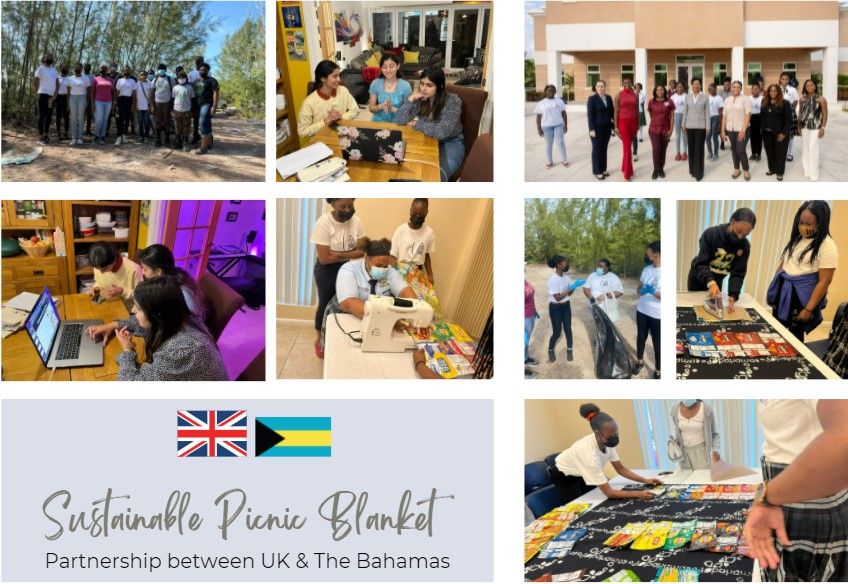

At the final destination of William and Kate’s first official Caribbean tour, a team of girls from the Bahamas hope their gift of a family picnic blanket made with recycled crisp packaging will help shine a spotlight on the need for STEM education for young people and the climate crisis in the local region to a global audience.
The girls are all budding innovators from the FEM STEM Club in the Bahamas, taking part in the BIEA 2022-23 STEM Competition on Sustainable Cities. The making of the picnic blanket was a truly international collaboration. Team Quadrifolium made up of four teenage girls from Greater London (Eltham College) and Kent (Tonbridge Grammar School, Sackville School) jumped on the invitation to collaborate. The UK girls originally made a picnic blanket with recycled crisp bags for their BIEA 2021 STEM Competition entry. They shared ideas about their creation and how-to virtually. For the new royal gift, the Bahamas girls adapted the design using plastic waste collected from the coastal shorelines, recycling centres and local sustainable fabrics. The final result was a stunning piece of artwork that’s also incredibly functional and carries the voice of young people.
The gift was presented to First Lady Ann Marie Davis of the Bahamas who was impressed by these young’s creativity, commended their passion for STEM and action to mitigate the climate crisis.
“Young people didn’t create the climate problem, but they are the ones who have to live with it. We need to do everything we can to help them build up the skills and mindset to deal with the future. And through collaboration like these, we are doing something right.” Said Dr Alex Holmes, Head of STEM at BIEA.
Tyrhonda Glinton, Founder of FEM STEM Bahamas echoed the sentiment, “We need our youngsters to have the right skills and knowledge to prepare for an uncertain future, and the international experience plays an important part in that development.”
Regardless of the final destination of the picnic blanket, this collaborative project has fostered an enduring friendship between the youth of the two countries, learning about each other’s living environment and working towards the same vision to make a difference to the planet we live on.
For more information about the BIEA International STEM Youth Innovation Competition visit www.bieacompetition.org.uk or follow BIEA @BIEAeducation on social media.
For media enquiry – Helen, hhu@biea.org.uk
BIEA EcoVision - Youth Voices of Their Nations on Climate Change
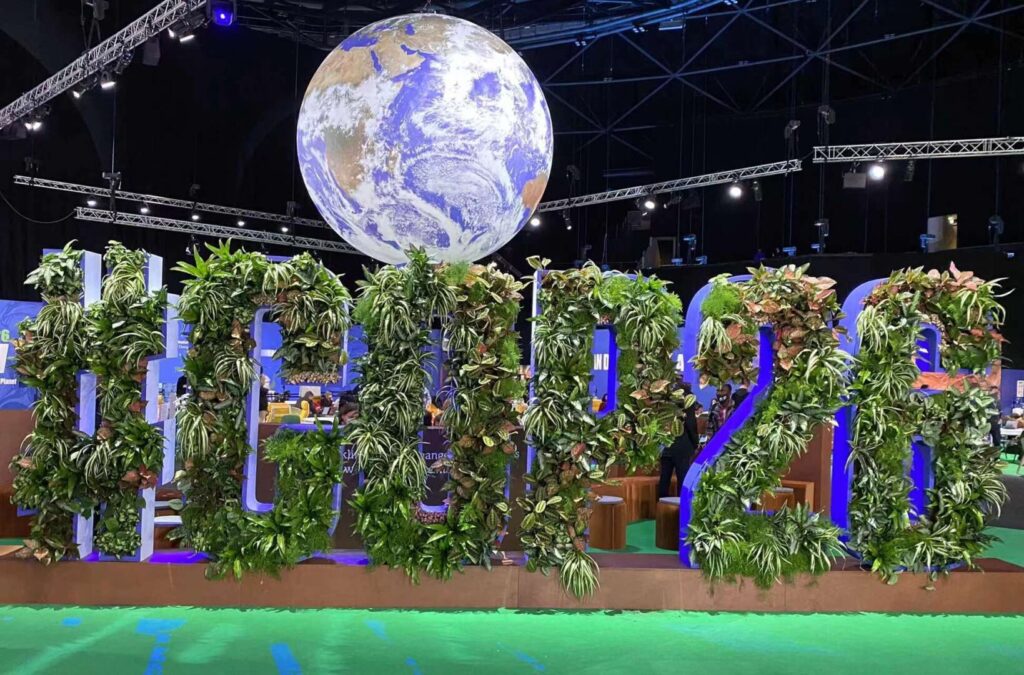

This November, the world has its eyes focused on the climate crisis, promoting international cooperation to complete the initiatives formerly set at the Paris Agreement. COP26 stands to be the most important climate conference since 2015, listing four main agendas: reduce emissions, employ mitigation strategies, provide capital, and work together to achieve these ends.
To ensure these objectives get completed, the youth population has become directly involved, tirelessly rallying for climate action through marches, strikes, and protests. Most recently, tens of thousands protested around the world in September, rallying behind youth figureheads such as Greta Thunberg.
At COP26, youth delegates from organisations such as Youth4Climate will once again take a stand, presenting findings and making their arguments on a world stage. At the British International Education Association, which has based its 2021 STEM competition on finding alternative food packaging alternatives, students from across the globe have submitted personalised videos addressing climate change. Working in partnership with the Scottish Youth Film Foundation SYFF, artworks from poems to skits to songs, these personal interpretations of climate change will be played aloud for the world leaders at COP26.
One student of the BIEA, Catherine James, poignantly writes in her poem, “global climate change, our disaster in slow motion”. These visceral representations of how the climate crisis affects children of all ages and locations are a stark reminder to these politicians of the importance of acting now-- it is the children whose futures depend on daring policy initiatives and reducing carbon emissions.
As we know, there is one thing that all politicians can agree upon: saving the world for our children and grandchildren to see it.
BIEA STEM Education Call for New Partnerships
BIEA International STEM Regional Partnership Request for Proposal
At the British International Education Association BIEA, we believe STEM skills is a life skill just like reading and writing, it is a basic human right, and we must do all we can in our effort to facilitate quality and equal assess STEM education internationally.
Each year, thousands of high school students from around the globe enter the exciting science, technology, engineering and math (STEM) talent pipeline: the BIEA International STEM Youth Innovation Competition, the flagship STEM programme from BIEA. Supported by BIEA STEM Ambassadors, these students — tomorrow’s leading scientists, engineers, innovators, and entrepreneurs — strive to discover answers and develop new solutions to humanity’s greatest problems.
Due to increased engagement and worldwide reach, BIEA is opening up regional partnership opportunities to countries (regions). We are looking for engaged parties to become trusted official partners of BIEA for a designated region, organising STEM events and deliver STEM education services. The application opens on 1st September 2021, closes on 30th September 2021. If you are interested in cooperation with BIEA, please don’t hesitate to contact us.
BIEA STEM Competition
The BIEA International Youth Innovation Competition is open to students aged between 9-17 years olds (age groups: 9-11, 12-14, 15-17) with an optional 18-21 years group for university students. Entries are accepted from teams of 3-5 students with a mentor. Multiple entries from the same school are accepted.
The competition programme is a carefully curated series of events combining a STEM conference, the STEM competition, seminars and international STEM mentoring sessions. The programme presents an extraordinary opportunity for partners to inspire, connect with and directly support students from primary to university level in their local communities and on a global stage.
Each year, a new global theme is chosen and extended by the BIEA STEM committee, to reflect the most urgent issues we face in the world and drawing relevance to modern technology. In the past, the event has covered hot topics such as drones’ technology, animal extinction, disaster rescue, ocean plastic pollution, global food waste etc all with the aim to meet UN SDG goals and tackle climate change hands on. This annual affair is in its fourth year. The 2021 STEM theme is “RePack to Restore Our World”, developing sustainable food packaging for schools and workplaces. Teams from over 45 countries took part in the conference launch and in the main STEM competition, reaching thousands of students and their schools.
Regional Partnership
Regional partnerships are at the heart of the BIEA STEM programmes, they support the delivery of the competition in that region from hosting the regional heats to support STEM ambassadors.
We are looking for engaged parties to become trusted official partners of BIEA for a designated region, organising STEM events, recruiting local schools to take part and provide support services to participating teams. Through its acclaimed science competitions and its STEM Star Programmes, BIEA is committed to inform, educate and inspire. The Association is thrilled for this opportunity to welcome new partners to our storied history.
The opportunity holds tremendous short- and long-term benefits for the partner through events and project delivery:
• Establish a global legacy of fostering and advancing all sciences, while inspiring the next generations of scientific entrepreneurs, innovators and leaders.
• An opportunity to build significant reputational capital and brand awareness in the STEM community, among thought leaders and elected officials, and with the public at large at local, regional, national and global levels.
• Provides unique access and partnership opportunities on the ground, while serving the crucial role of nurturing talent globally and keeping young people interested, engaged and inspired by science.
• Generates deep and meaningful international access and relationship building with global leaders in the UK, other regions and territories. Government officials around the globe, worldwide media opinion leaders and key influencers throughout the scientific community look to the program to identify the next generation of trailblazers.
British International Education Association BIEA
The British International Education Association (BIEA) is a not-for-profit organisation with head office in London. Our mission is to facilitating quality and accessible British education to emerging international education markets. BIEA works with the UK Department of International Trade, the British Council and many others to meet the needs and challenges in international education.
A dynamic and forward-thinking organisation, BIEA is led by a board made up of passionate and committed Headteachers and Governors who have long-standing connections to both state and private entities within the UK educational sector.
How to Submit an Application and Proposal
Fill the application form (download file in Word)
and complete your proposal which must be submitted no later than 17:00 (GMT) on 30 September 2021 to Helen Hu at the email address: partnership@biea.org.uk.
Those entities submitting letters of intent and proposals will be invited to attend the virtual BIEA STEM 2021 Award Ceremony on 22 September 2021.
Confidentiality
The Association will treat proposals with the utmost confidentiality and will consider a nondisclosure agreement with Proposers if requested.
Questions
Any questions or issues regarding this RFP may be submitted to Helen Hu at partnership@biea.org.uk
We are committed to climate action
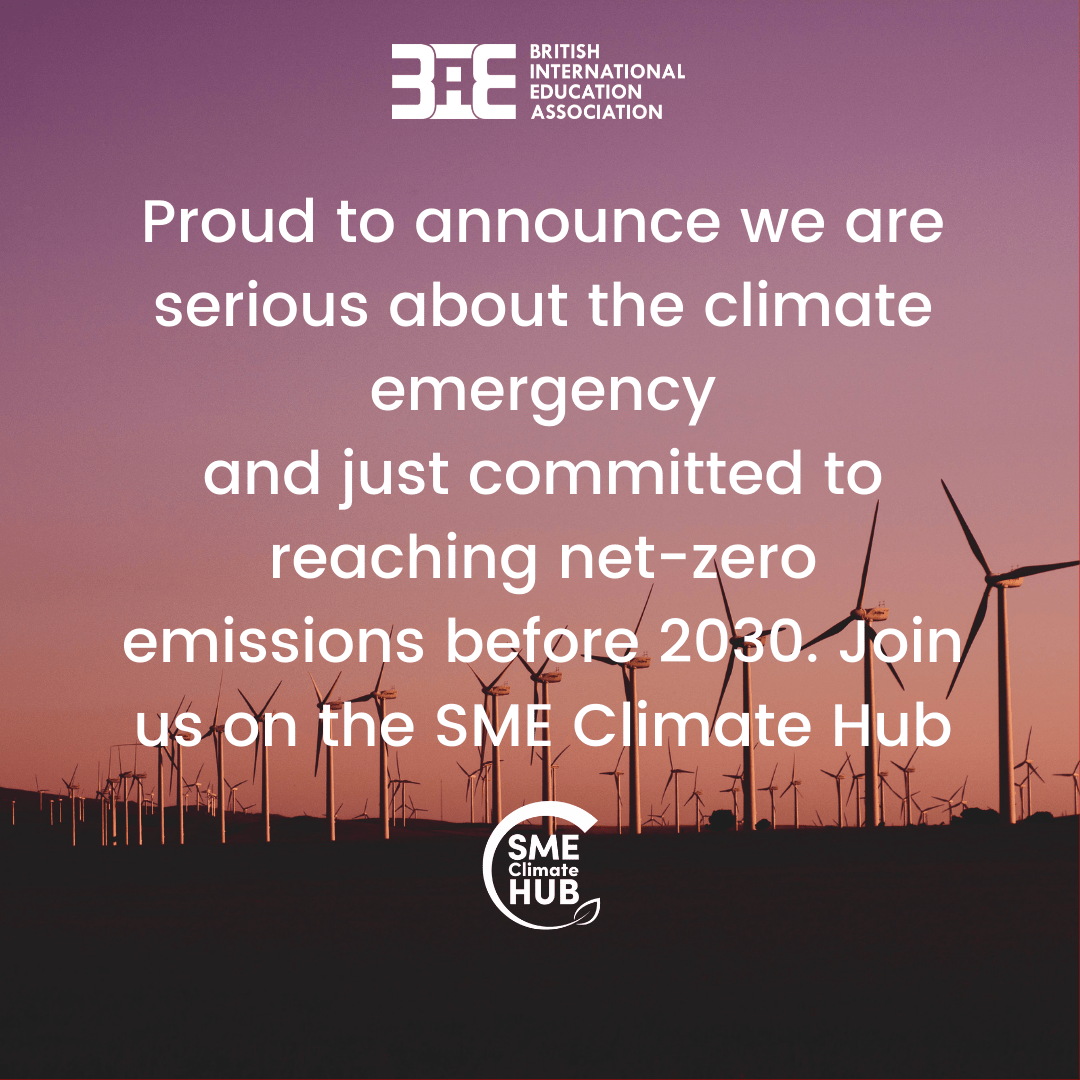

The British International Education Association (BIEA) joins SME Climate Hub and commits to halve greenhouse gas emissions before 2030 towards net-zero before 2050.
BIEA announced today that it has become one of the few education institutions to join the SME Climate Hub, a new groundbreaking one-stop-shop climate action platform for small and medium-sized enterprises (SMEs) to curb carbon emissions, build business resilience and take climate leadership.
The SME Climate Hub is co-hosted by the International Chamber of Commerce (ICC), the Exponential Roadmap Initiative, the We Mean Business coalition and the United Nations Race to Zero campaign, and has received support from several supply chain leaders, including BT Group, Ericsson, IKEA, Telia and Unilever, as well as funding support from Amazon and Verizon.
BIEA has become one of the first signatories to the UN-recognized “SME Climate Commitment”, which forms part of the SME Climate Hub. In making this commitment, BIEA has pledged to halve its carbon emissions by 2030, achieve net-zero emissions by 2050 and to regularly report on progress towards these aims.
On the logic behind the organisation’s decision to join the initiative, Gareth Bullock, the president of BIEA said, “Climate change is an urgent threat to all of us. Science tells us now is the time to act faster to tackle this challenge. With sustainability at the core of all BIEA’s work, we are more committed than ever to achieve zero carbon. And we are working with our partners around the world in the education sector to support schools, teachers, students and local communities to take climate action! ”
BIEA is at the forefront of engaging schools and students with climate change topics. Through STEM project initiatives such as RePack to Restore Our World, the Compost Challenge, Save Our Shores from Plastic Pollution. BIEA has encouraged thousands of young people around the world in taking climate action and helping schools to become more sustainable institutions.
For more details of BIEA’s projects, please visit www.bieacompetition.org.uk
A Royal Boost to BIEA STEM Challenge on Plastic Pollution
The British International Education Association (BIEA) welcomed a royal visit from the Duchess of Cornwall on 19th February at its head office at the Granville Centre in London. Despite the heavy rain, Camila, 72 appeared in high spirit as she toured the Centre speaking to staff working on a number of community and education projects.
Nikki Collins, CEO of BIEA gave an introduction to the Duchess about the BIEA International STEM Youth Innovation Competition, whose 2020 theme encompasses the plastic pollution problem. The competition officially launched at the Royal Institution last month, it engages young STEM students (aged 9 - 21) in technological innovation and how it can be used to clear detrimental plastic waste from our rivers and oceans. Teams from 47 countries and regions are taking part, including UK, USA, Australia, China, Finland, Mexico, Pakistan, UAE, India, Malaysia, Nigeria, Poland and others. The grand international final will take place in London on 1st and 2nd of July with spontaneous litter clean up along the Thames riverbanks.
The Duchess was very impressed by the international reach of the competition. She also congratulated the BIEA team’s artistical efforts. A giant marine sculpture created from recycled plastic bottles was the centrepiece in the gallery providing a visual reminder of the issues of plastic waste. The Duchess revealed that both she and Prince Charles support the fight against plastic pollution, it is a cause close to their hearts. Her visit also coincided with the day when Prince Charles made an impassioned speech on plastic waste 50 years ago.
The Duchess accepted a gift of metal straws from Christy Ho (aged 9), a pupil from Twyford School, Winchester who is taking part in the 2020 competition with an all-girls team.
It is estimated that the UK fast food industry alone used nearly billion plastic straws a year and they are one of the top five most common forms of rubbish picked up from coastlines. Due to their small size, plastic straws are not recycled and end up in landfill and often in the ocean.
Engaging young people to tackle plastic pollution - BIEA launches its International STEM Youth Innovation Competition 2020
15 Jan 2020 (London, UK) - The British International Education Association (BIEA) brought together experts in plastic recycling, coastal marine science and waterway conservation to discuss the issue of plastic pollution at a half-day conference at London’s Royal Institution.
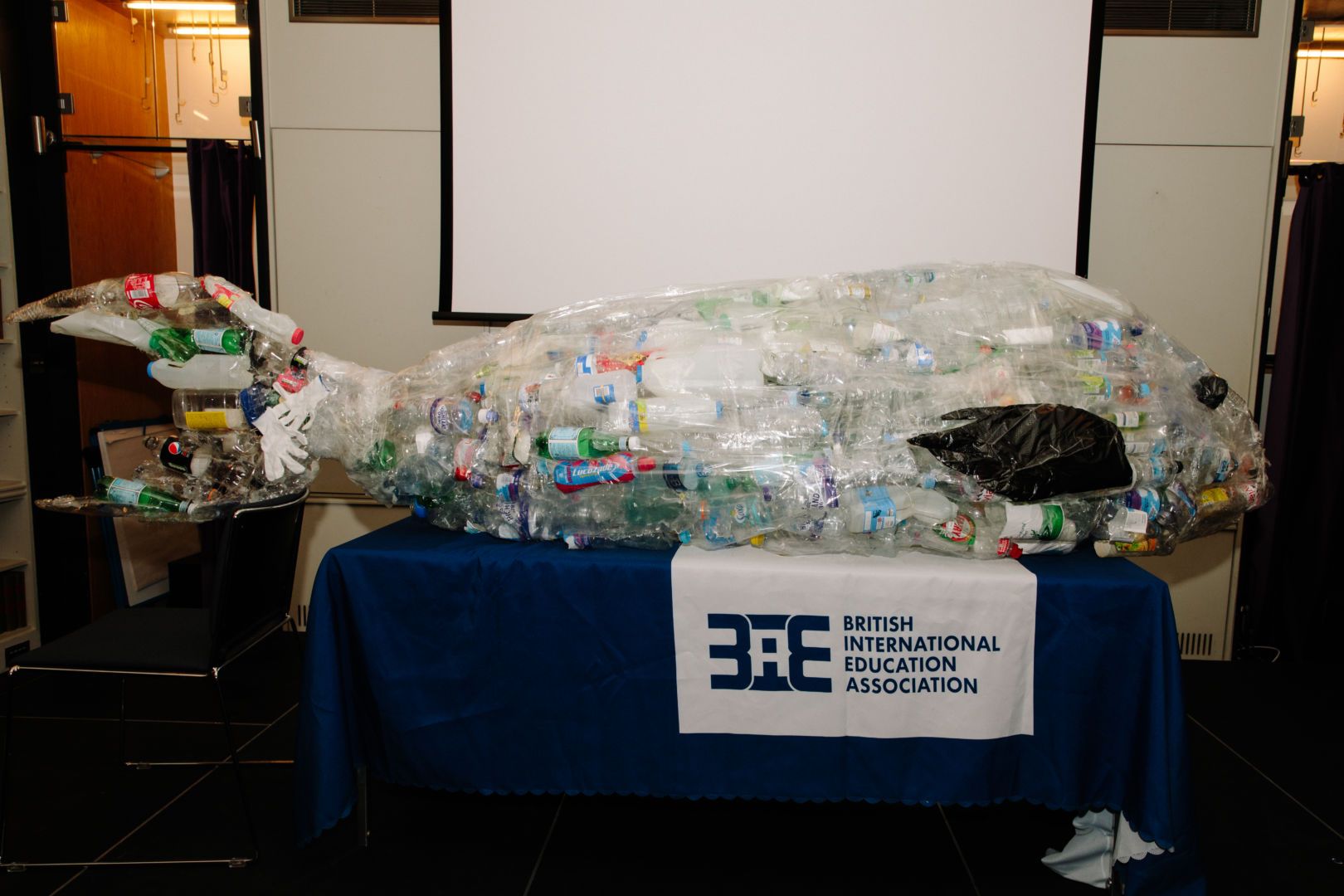

A giant marine animal made out of clear plastic bottles provided a visual reminder of the issue of plastic waste, and was the centrepiece for the launching of the BIEA’s international STEM Youth Innovation Competition [hyperlink: http://www.bieacompetition.org.uk.] Student teams are invited to research, write a report and design a solution to ‘Save our shores from plastic waste through STEM,’ with finalists moving on final rounds in June/July 2020. Open to anyone between the ages of 9 and 21 years old, the winning teams from 9-17 age group will take cash prizes to contribute to their school STEM labs, and the 18-21 age group from universities will take part in the ‘University Challenge’ and become youth STEM ambassadors.
Last year’s competition asked young people aged between 9 and 17 to think about how drones could help conserve an endangered animal species. The competition reached schools in 34 countries and teams from 18 different countries make it to the final in the UK to present their ideas. This year the BIEA anticipate even larger participation as they have extended the age range to include college and university entries.
Anna and Daisy, now Y11s from team ‘Burnkool’ at Kent College in the UK explained how the competition helped them ‘develop our ability to work as a team, as well as raise our awareness of current global issues. We learned new skills and how to overcome challenges with our design. We got to experience new innovative technology and were able to apply it to real-life scenarios. The fact that what we were doing could really help in the future was a strong motivation to give our all to the project, which really helped us to progress as a group.’ Their teacher Head of Design & Technology Mike Cloke says, ‘it was fantastic to have so many students from different subject areas pooling thoughts. The two teams that made it through to the finals in London had an amazing day; they were pushed out of their comfort zones, had their efforts celebrated, rode a boat along the Thames and slept for the entire journey back to Canterbury – perfect!’
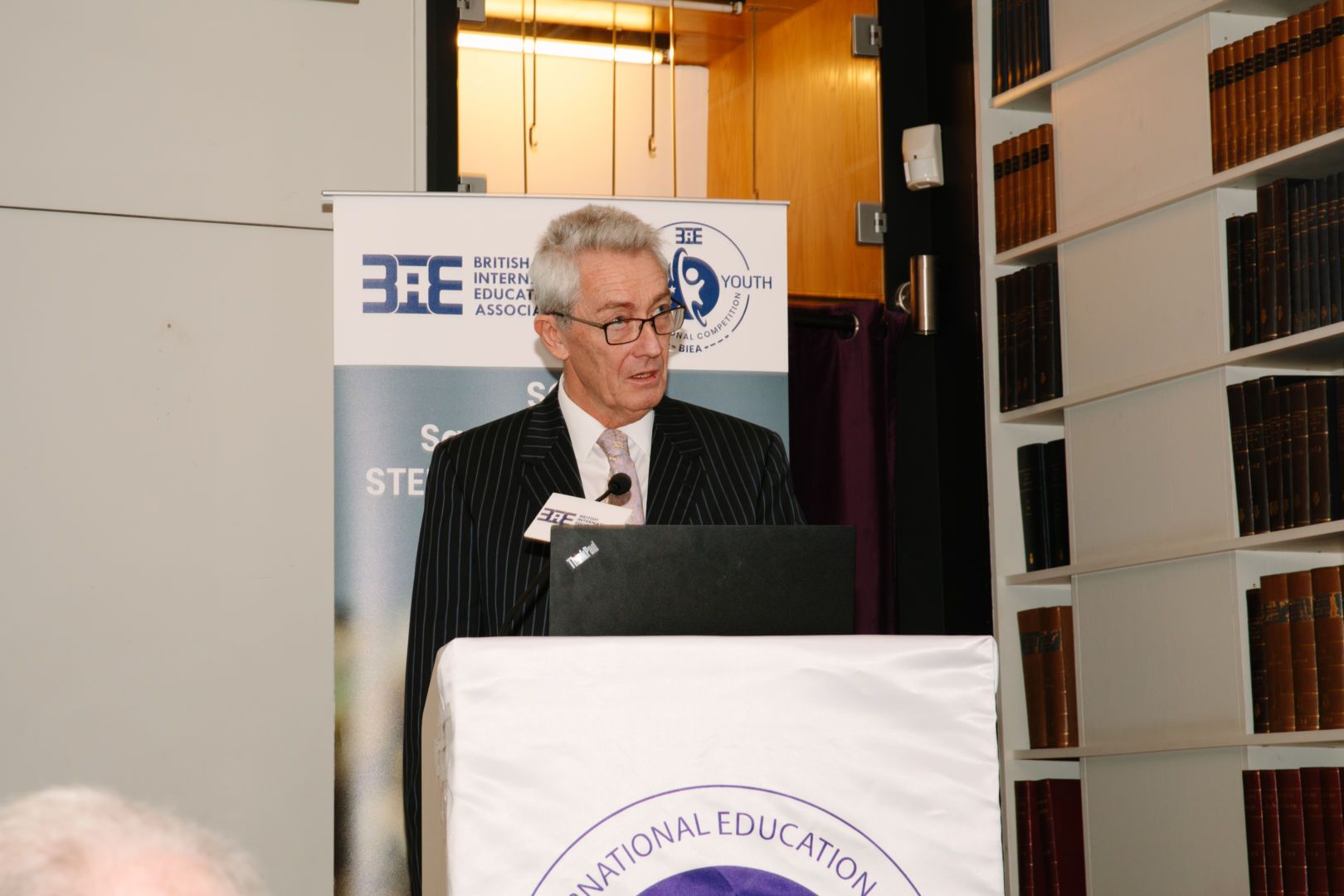

BIEA’s STEM Chairman David Hanson, who made his own radio as a youngster says the competition aims to capture the imagination and interest of young people, highlighting STEM as a force for good. Young scientists, technologists, engineers and mathematicians can think outside the box and invent extraordinary solutions to the global problem of plastic pollution.
Mechanical Engineer Manu Mulakkal from Imperial College London talked about the challenges of recycling multi-layered packaging. The production of PET (Polyethylene terephthalate) has almost doubled since 2014 and despite improvements in mechanical and chemical recycling methods much more needs to be done to create plastics or packaging that can be more easily recycled as well as increase demand for recycled materials. Since the 5p plastic bag charge was introduced in England in 2015 their use has gone down by 80%, but the average English household still holds 54 ‘bags for life’, made of much stronger plastic which is more difficult to process. Mulakkal says technology alone cannot solve the problem of plastic pollution; ‘technology, industry, policy and increasing public awareness about recycling and the lifespan of plastic - all play an important role.’
Coastal Marine Scientist Heidi Burdett from Heriot-Watt University introduced us to Maerl, the red seaweed that provides vital shelter for marine creatures in the coastal beds around the UK. Most people are aware of the degradation of the Great Barrier Reef in Australia, but largely unaware of the slow-growing reefs threatened by temperature rises in the seas around the British Isles. A striking graphic created by Ed Hawkins shows how temperatures have increased in the years since 1848 and Burdett explained how the sensitive Maerl reefs are already showing signs of being overtaken by opportunistic species which can survive in warmer waters. She’s already striving to reduce her carbon footprint, and on the topic of plastic pollution points out that, ‘even if we took away all the plastic straws ever made we’d still have climate change’.


Conference speakers and panelists all emphasised the importance of collaboration if plastic pollution is to be tackled. Waterway charity Thames 21 mobilises volunteers to clean up areas of the London riverbanks. Deputy CEO Chris Coode explained how the disposal of domestic wet wipes is actually changing the shape of the river bed as they get caught up with twigs and branches in the Thames. In one clear-up, locals counted 220 wet wipes in a single square metre of river bed! ‘Clear-up volunteers go on to be ambassadors for the charity, collecting data on smartphones and feeding it back to our organisation. Putting tech in the hands of people is how we can help solve the problem of pollution. After an energetic clear-up, many of our volunteers vowed they’d never use a wet wipe again!’.
In a lively discussion about whether STEM education can save the planet, Imperial College mathematician Lynda White and British Council Science Adviser Adrian Fenton talked about how to engage young people in STEM, promote best practice and attract the best graduates to teaching STEM subjects. Rick Chandler, who has over thirty years’ board experience in technology in global companies and organisations talked about what employers want in a STEM education and Kelly Smith of the Royal Society stressed the importance of a broad, balanced and connected education system to promote excellence in science. Educator and founder of coding4kids Nagashilpa Seethamraju compared the STEM environments in the US and India, and shared her top tips for teams wanting to take part in the BIEA’s international STEM Youth Innovation Competition. She coached two successful teams in last year’s competition and is intending to help over ten teams come up with solutions to this year’s challenge.
BIEA Early Years Chairman Chris Waterman attends the 6th Annual Conference of Chinese Early Years Education
On November 30th 2019, the BIEA was invited to attend the 6th China Early Years Education Annual Conference, which brings renowned early years education experts and scholars together. Chris, our British EYFS expert, delivered talks on the techniques used to conduct nursery evaluation in the UK, and on the historical development of British early years education.
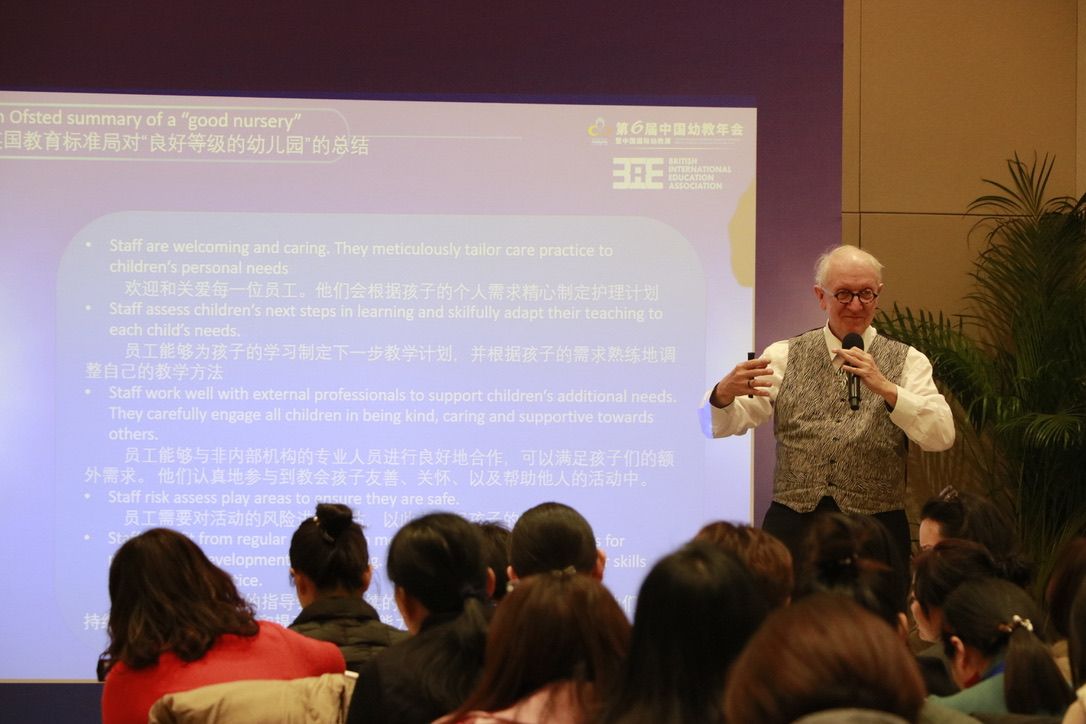

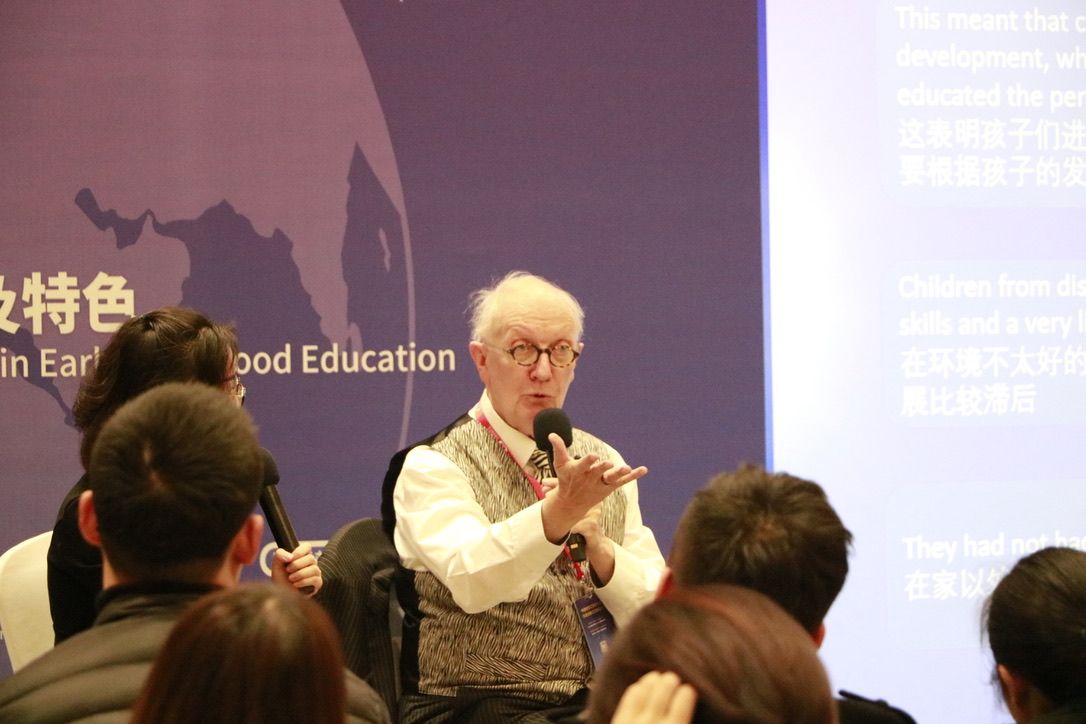

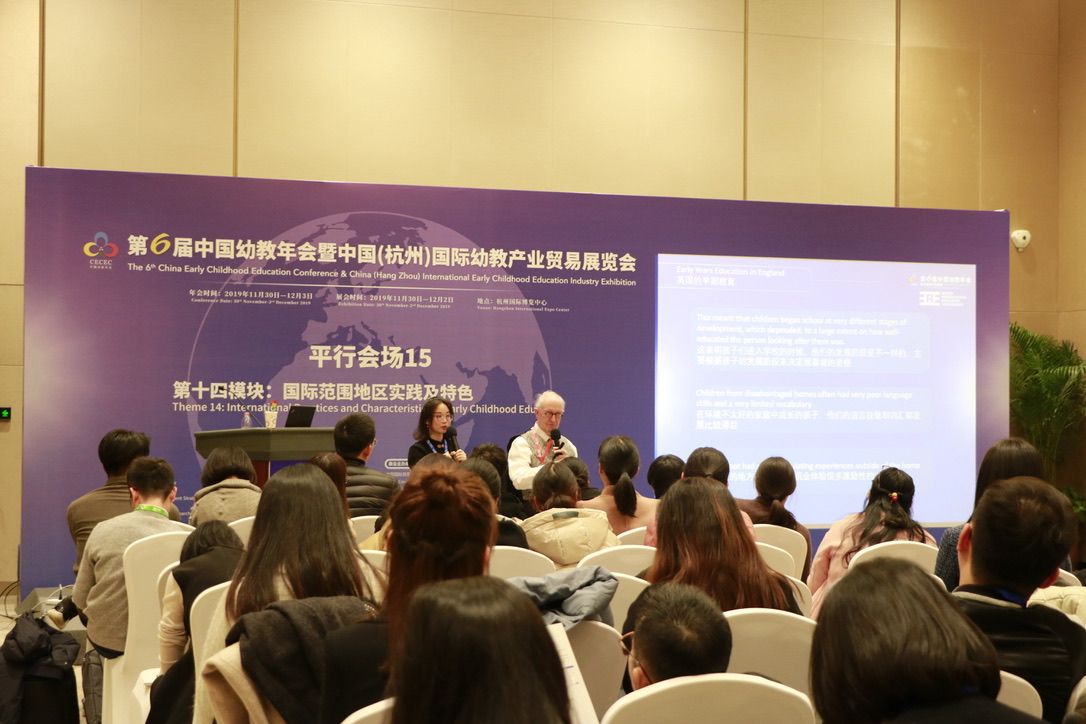

BIEA held the signing ceremony of ELQ certification with the Lejian Company, a subsidiary of Choya education group
On December 2nd 2019, the Lejian Company, a subsidiary of the Choya Education Group (formerly Agile Education Group), successfully obtained the British Early Years Qualification (ELQ) accreditation (0-3 years old childcare project), and subsequently held a ceremony celebrating their achievement in Hefei, China. Chris Waterman, BIEA’s Early Years League Chairman, and Chen Linyun, General Manager of the Lejian Company, attended the signing ceremony and delivered empowering speeches on the progress of education under the Chinese and British systems.